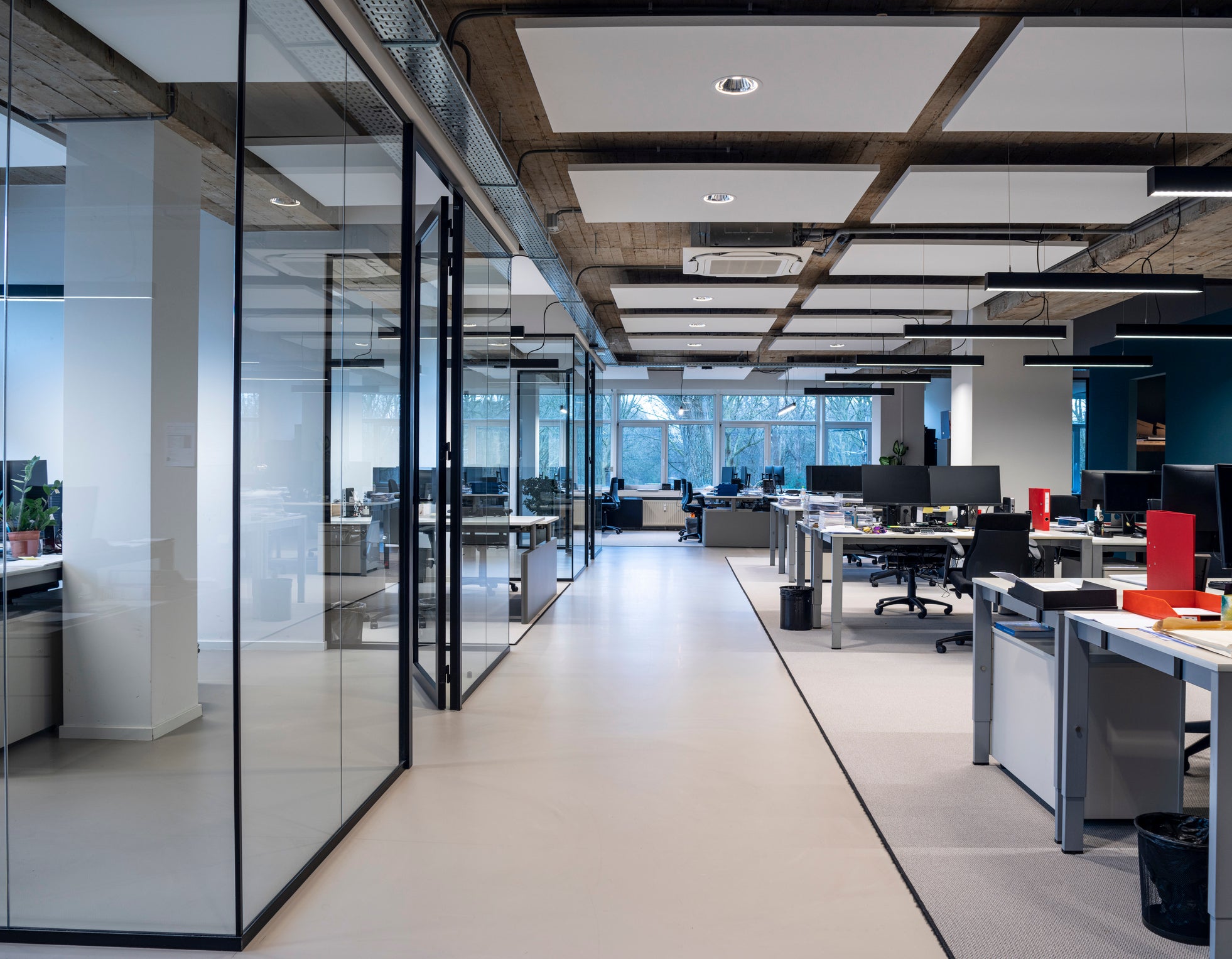Employees still reluctant to return to the office, study finds
Staff are put off by the cost of commuting and changes to their work-life balance
UK businesses are struggling to get workers back into the office amid the continued popularity of working from home, new research suggests.
A study of around 300 organisations, carried out by human resources software company XpertHR, found that nearly all have faced challenges in implementing a hybrid working model.
Most companies said their staff work from home two or three days a week.
However, almost two in five employees are unhappy with this split and would prefer to spend less time in the office.
The main benefits of more time spent at home included an improved work-life balance, increased productivity and improved engagement.

The main reasons for not wanting to come into the office was the cost of the commute and childcare arrangements.
Noelle Murphy, of XpertHR, commented: “Human resources have managed one of the biggest changes to working life since the Industrial Revolution with hybrid working, but it is still a work in progress.
“Challenges continue and HR will need to continue to address these, while ensuring this new way of working delivers for all employees.”
Murphy said an “outdated view that presenteeism means productivity” is still a challenge in some industries.
Murphy added: “While there are retention challenges facing employers right now, it is even more important that HR can continue to evolve and tweak hybrid working models to ensure they support and facilitate a culture of connection and collaboration that will deliver engaged employees and a successful business.”
In May, research by workplace messaging app Slack found that 49 per cent of UK workers are worried about the return to the office because of the associated costs, such as money spent on the commute or on food.
It comes at a time when nine out of 10 UK adults are reporting an increase in their cost of living, per the Office for National Statistics.
Slack’s study, which surveyed 1,000 workers, found that 37 per cent of people feel more stressed, worried and anxious when they go into the office.
Meanwhile 49 per cent said they are worried a return to the office will negatively impact their work-life balance.
Separately, research by YouGov published in March found evidence for a “major generational gap” in views towards flexible working.
A survey of 2,000 adults found that less than half of those who are over the age of 55 care about having the ability to work from home, while more than two thirds of younger workers (68 per cent) value a flexible work model.
There was also a clear distinction between men and women, with women favouring hybrid working.
Experts said this was most likely a reflection of more childcare responsibilities falling on mothers.
Molly Johnson-Jones, CEO of Flexa, a platform that verifies companies’ flexible working policies, commented: “These results are pretty stark.
“Those most likely to have caring or childcare responsibilities - women under the age of 55 – are those prioritising flexibility. And those who don’t – older men – are much less fussed.
“Unfortunately, CEOs and senior leaders are often older men, which means generational differences risk preventing staff from accessing genuine flexibility at work.
“Employers should be mindful that their perception of what the ‘best’ working set-up is won’t be shared by everyone on their team – their experiences and preferences aren’t the holy grail.”
Join our commenting forum
Join thought-provoking conversations, follow other Independent readers and see their replies
Comments

Bookmark popover
Removed from bookmarks